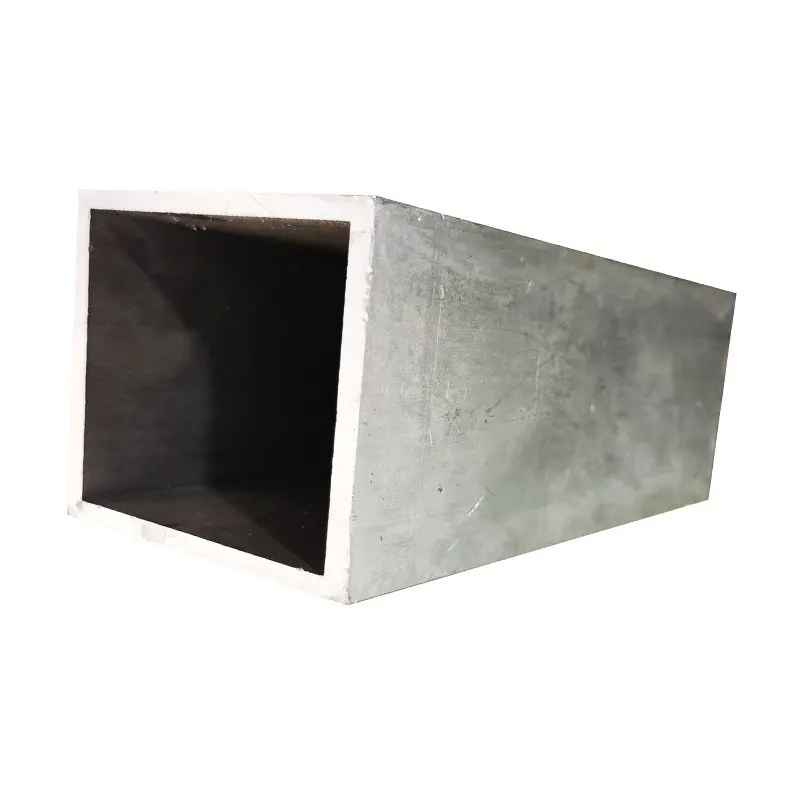Exploring Aluminum Tubes: Versatility and Applications
2024-09-27
Aluminum tubes are increasingly popular across various industries due to their lightweight nature, strength, and versatility. From construction to automotive applications, aluminum tubes offer a range of benefits that make them a preferred choice for manufacturers and consumers alike. In this blog, we’ll delve into the characteristics, benefits, and applications of aluminum tubes.

What Are Aluminum Tubes?
Aluminum tubes are hollow structures made from aluminum alloy, available in various shapes and sizes, including round, square, and rectangular. They are produced through extrusion, which involves forcing molten aluminum through a die to create the desired shape. This process allows for a high degree of customization in dimensions and properties.
Key Benefits of Aluminum Tubes
1. Lightweight: Aluminum is significantly lighter than steel, making aluminum tubes ideal for applications where weight reduction is critical, such as in aerospace and automotive industries.
2. Corrosion Resistance: Aluminum naturally forms a protective oxide layer that prevents corrosion, making aluminum tubes suitable for outdoor applications and environments exposed to moisture.
3. Strength and Durability: Despite their light weight, aluminum tubes possess high tensile strength, allowing them to withstand heavy loads and stress without deforming.
4. Ease of Fabrication: Aluminum tubes can be easily machined, welded, and formed into various shapes, facilitating diverse manufacturing processes.
5. Recyclability: Aluminum is 100% recyclable without losing its properties, making aluminum tubes an environmentally friendly option for sustainable practices.
Applications of Aluminum Tubes
1. Construction: Aluminum tubes are used in structural applications, including scaffolding, framework, and support structures due to their strength and lightweight characteristics.
2. Automotive: In the automotive industry, aluminum tubes are utilized for fuel lines, air conditioning systems, and chassis components, contributing to overall vehicle efficiency and performance.
3. Aerospace: The aerospace sector relies on aluminum tubes for aircraft frames, fuel tanks, and other components that require a combination of strength and lightness.
4. Medical Devices: Aluminum tubes are also found in medical applications, including tubing for oxygen delivery systems and various medical equipment, owing to their hygienic properties.
5. Consumer Products: From sports equipment to furniture, aluminum tubes are used in various consumer goods, providing durability and aesthetic appeal.
Conclusion
Aluminum tubes are a vital component in many industries, combining lightweight properties with exceptional strength and corrosion resistance. Their versatility allows for a wide range of applications, making them an essential material in modern manufacturing. As industries continue to seek more sustainable and efficient materials, aluminum tubes are poised to play an increasingly important role.
If you have specific questions about aluminum tubes or want to explore their applications further, feel free to ask!


